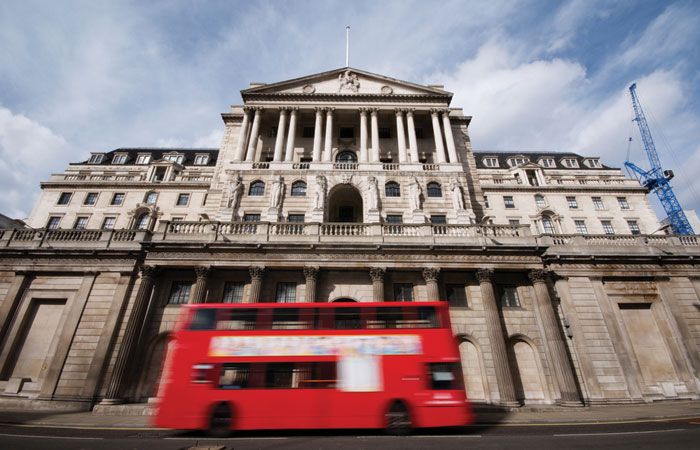
UK banks have sufficient reserves to withstand an extreme economic shock, that is more severe than the 2007-08 financial crisis, and significantly worse than current forecasts, according to the Bank of England’s latest ‘stress tests’.
The BoE’s regularly stress tests the UK’s major banks, and has concluded none would be forced to strengthen their capital position in such an event.
This latest stress-test analysed the banks’ ability to function amid persistently high inflation, increasing global interest rates, deep recession both in the UK and overseas, alongside materially higher unemployment and sharp falls in asset prices.
The BoE said in this scenario banks would continue to have the capacity to support households and businesses through these difficult conditions.
This stress test comes as UK bank bosses told Parliament yesterday that they had yet to see a “material increase” in mortgage arrears, despite rising rates.
The BoE says the conditions of this stress test did not reflect current forecasts either in the UK or overseas. It adds it is a coherent ‘tail-risk’ scenario designed to be severe and broad enough to assess the resilience of UK banks to a range of adverse shocks.
The BoE noted that UK banks were in a better position compared to the last time this cyclical stress test was performed, in 2019. This is due to increases in residential property prices, more conservative lending standards and changes in the composition of banks’ balance sheets. This has dampened the negative effect of the macroeconomic shocks included in this scenario.
The BoE says that banks also have higher deposit balances than in recent years, and net interest income (NII) increases as policy rates rise in response to higher inflation.
For the first time the test assessed ring-fenced subgroups of selected participating banks on a standalone basis, and these too were shown to be adequately capitalised and not requiring additional funds in the event of a severe economic downturn.
The BoE says that as in previous stress tests, banks’ resilience relies in part on their ability in a stress to cut dividend payments, reduce bonus payments made to staff as well as reducing coupon payments made on issued bonds and debt. While this would affect investors it said it should not have a material impact on borrowers or savers.



